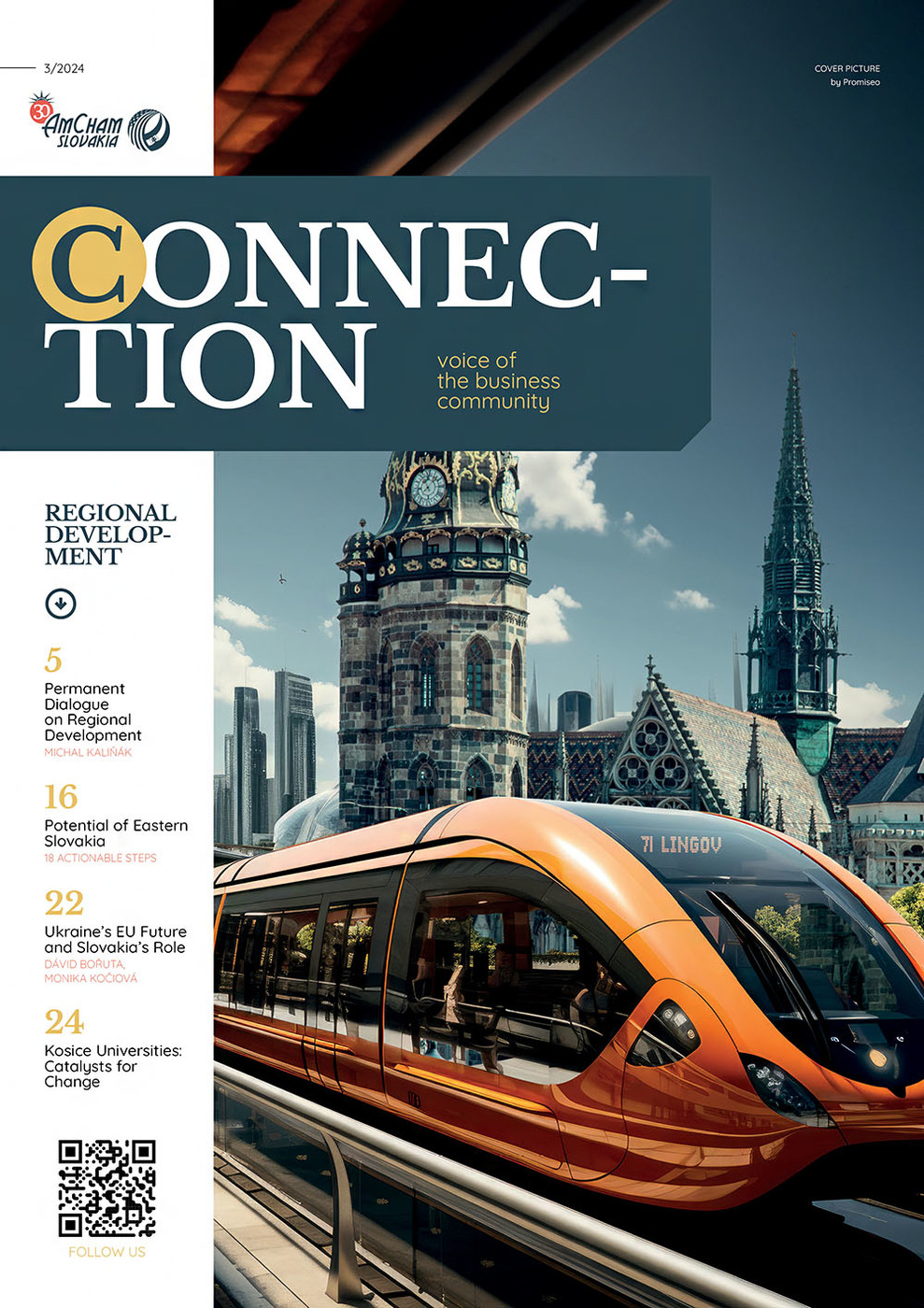Employment of Foreigners
Given the labor market shortage in the region of Eastern Slovakia, an increasing number of employers are interested in the possibility of employing foreigners from other non-EU countries. This employment landscape presents both opportunities and challenges for the employers. Moreover, the legal framework governing the employment of foreigners is very complex, with various visa and work permit categories (or exemptions), each subject to specific eligibility criteria and documentation requirements. As a result, many employers may struggle navigating this intricate process, leading to delays in hiring and increased administrative burdens.
The Slovak Parliament continues to respond to the needs of the market and employers by gradually relaxing the rules for the employment of foreigners. In addition, there is currently a proposal in the parliament that introduces several necessary changes aimed at streamlining the process of employing foreigners, including: shortening the time limit for the administrative authority to decide on an application for temporary residence, reducing the number of annexes required for the application, and making the so-called “EU Blue Cards” more attractive.
For the future, it would be even more desirable to unify all the rules related to work migration in one complex and comprehensive legal act (currently the topic is handled by several separate laws). Another recommendation to consider as a priority – digitization of the whole process for granting relevant visas/residence permits (e.g. gaining online access to information on the status of application, the ability to make changes to the application, the possibility to add the necessary documents to the application online, etc.).
Home-based and Hybrid Work Models
Hybrid work models, which combine remote work with traditional office-based work, offer flexibility and adaptability to both employers and employees. This approach allows employees to enjoy the benefits of remote work, such as reduced commuting time and improved work-life balance, while still maintaining opportunities for collaboration and face-to-face interaction.
Although the implementation may benefit both parties, the introduction of hybrid work models also poses a number of practical/legal challenges for employers. For example, the provision of travel allowances for employees who commute from home to the office and back (legally required or not?), the issue of responsibility for health and safety at work (“at home” – who is responsible and when?), objective and provable tracking of working time (is it even possible to meet the Labor Code criteria?), inactive part of “on-call duty” (is it actually possible?), a flat-rate compensation for increased costs such as electricity or water consumption (to compensate through a flat-rate, e.g., monthly compensation or not?), the issue of sufficient protection of personal data, etc. Home-based employees working from other (especially third-country) states or so called “working nomads” pose another dimension of legal challenges (e.g. in tax or social security area).
To address these challenges, employers should regularly review applicable laws, establish clear policies and consult them with legal experts. Providing employees with guidelines for safe home workspaces, proactive planning and adherence to best practices in this area may create a successful hybrid work model that balances flexibility with compliance and operational efficiency.
The Need for Digitalization
Even though some progress has been made recently, Slovakia is still lagging behind in digitalization and adaptation to new trends that are common in neighboring countries. This shortcoming makes employment law less flexible and may cause problems for employers in areas such as electronic signing of employment termination documents as well as delivery of termination documentation (e.g. termination notices). If Košice, with its highly developed IT sector region, is to be rightfully called “Košice IT Valley”, digitalization in the employment context is also a must.
The current Labor Code maintains strict rigidity in these areas. The preference for physical instead of electronic delivery of termination documents (otherwise invalid by law) is a good example. A good starting point for discussion would be to create a possibility to use the currently existing state e-boxes also for communication with private entities. Also, neighboring countries commonly use electronic signature providers for signing employment documentation, a practice that is not widely adopted in the Slovak Republic, partly due to the not-so-precise legal framework. Other simple questions not sufficiently resolved by law concern the possibility to vote electronically during the (local/European) Works Council election or storing the employee files only electronically..
We recommend addressing the issue of termination documentation delivery by prioritizing physical delivery and signing in accordance with currently applicable regulations. However, when it comes to signing employment contracts, employers can explore and discuss their options with legal experts. Although not widely adopted in Slovakia, international employers are increasingly inclined towards this option. It is also important to stay updated on changes in regulations and industry standards related to digitalization, and to regularly review and update policies accordingly.
Conclusion
The labor market in Eastern Slovakia is facing a multitude of challenges. The issues discussed in this article are only a few of the most pressing and widely discussed topics affecting the region’s labor market. To assist employers in navigating these challenges, we have also provided some practical tips and recommendations. However, there are many other challenges that could be addressed, such as how to set up effective whistleblowing channels while ensuring real protection for whistleblowers, why the Slovak Republic still lacks a comprehensive legal framework for unpaid internships/traineeships in the private sector, how to speed up the litigation process against obviously unfair and malicious employer/employee claims, what to do about the ever-increasing bureaucratic burden placed on employers, and so on. It is clear that addressing these challenges will require concerted efforts by policy makers, employers, and other stakeholders.
Peter Fedor, Attorney, ČECHOVÁ & PARTNERS s.r.o.



Follow us